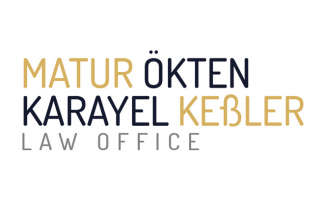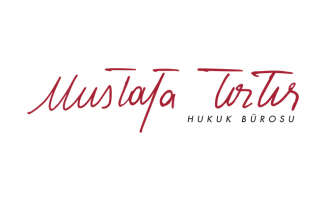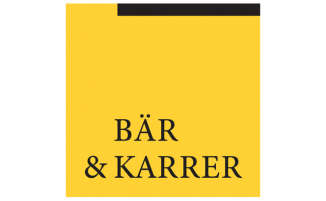Gökçe Ergün, Çağla Yargıç and Yaren Türe of Kılınç Law & Consulting report on how Turkish law views AI-generated content in the context of authorship and copyright
Artificial intelligence (AI) tools that, in simple terms, bring algorithm-based machine learning to mind, have started generating unpredictable outputs, especially with the advancement of cutting-edge systems like generative AI contributing to technological advancement. AI can generate content across a wide spectrum, ranging from texts to images, music to videos. Continue reading “Sponsored briefing: Artificial intelligence generated content and copyright, creativity and authorship issues”















